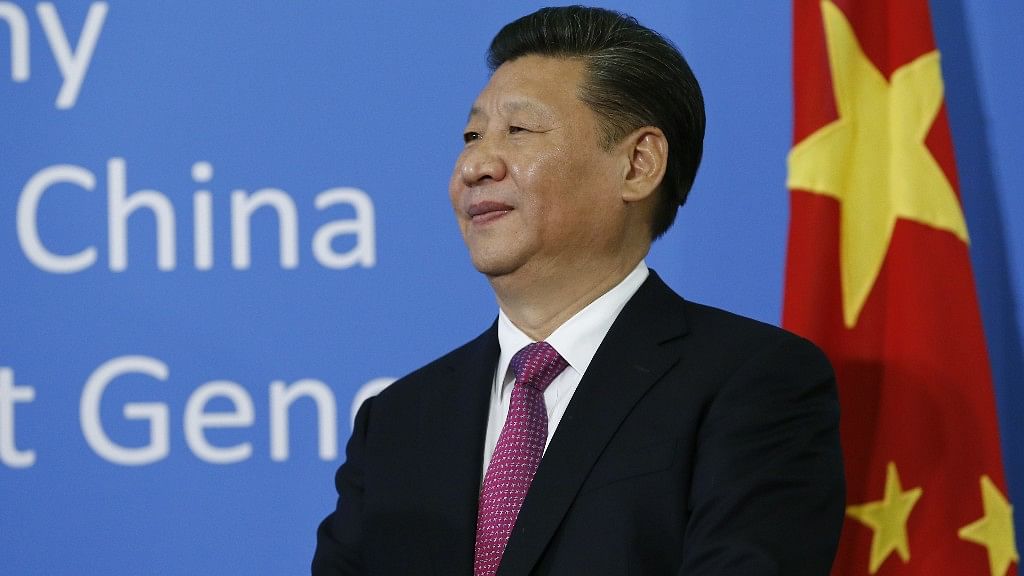China Aims to Tackle Fake News With New Laws Against Deepfakes
The regulation comes a month after California introduced legislation to make political deepfakes illegal.

In a move aimed at combating the menace of fake news, Chinese regulators have announced new rules governing online content, including a ban on the publishing and distribution of fake news created using artificial intelligence.
With this, China has joined California which became the first US state to criminalise the use of deepfakes in political campaign in October. Earlier in April, the European Union also released a strategy to investigate online disinformation, including deepfakes.
According to the South China Morning Post, “The new China regulation jointly published by three government agencies including the country’s top internet watchdog, the Cyberspace Administration of China, is effective from 1 January 2020.”
The Cyberspace Administration of China (CAC), on its website, says that any use of AI or virtual reality needs to be clearly marked in a prominent manner and failure to follow the rules could be considered a criminal offense.
According to a transcript of a press briefing published on the CAC’s website, “Deepfake technology could endanger national security, disrupt social stability, disrupt social order and infringe upon the legitimate rights and interests of others,” reported Reuters.
(With inputs from South China Morning Post and Reuters)
(At The Quint, we are answerable only to our audience. Play an active role in shaping our journalism by becoming a member. Because the truth is worth it.)